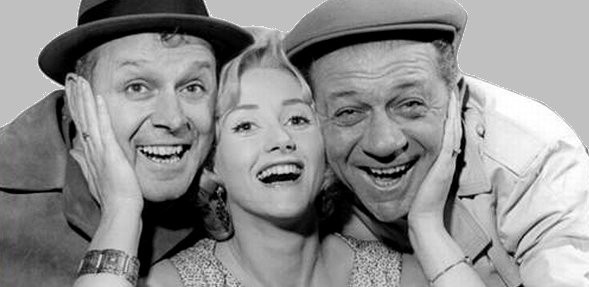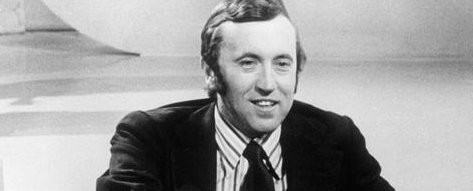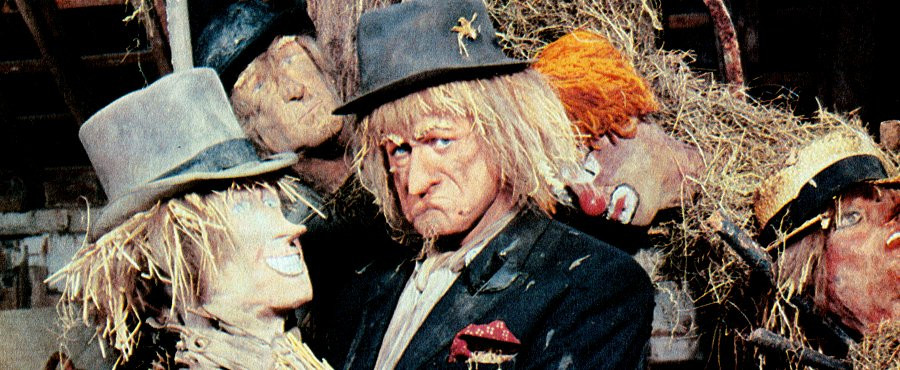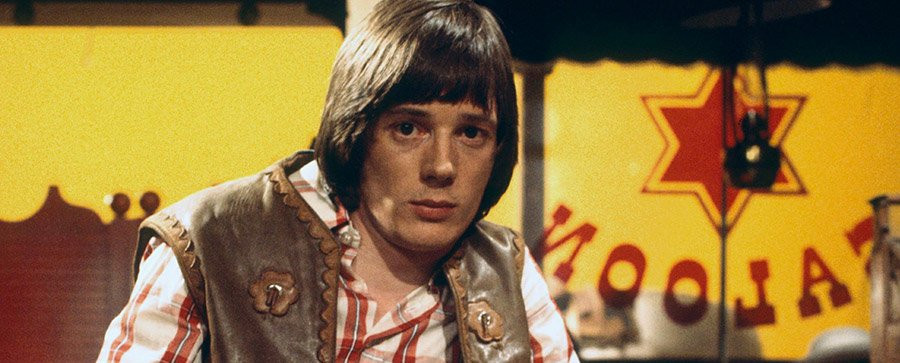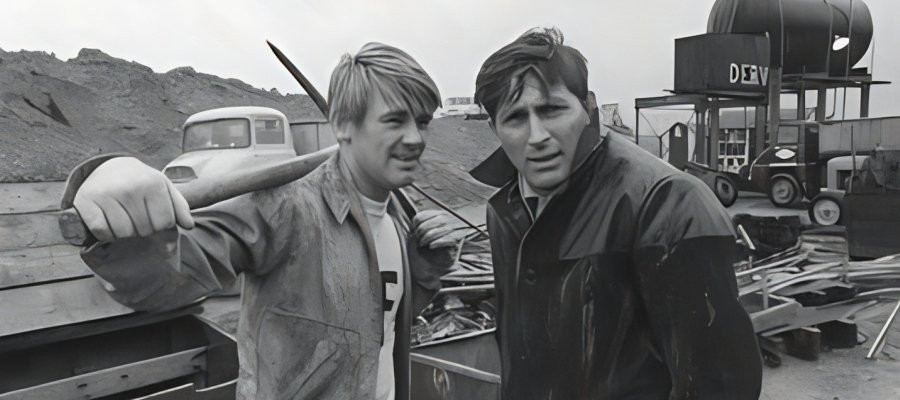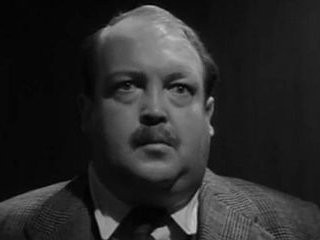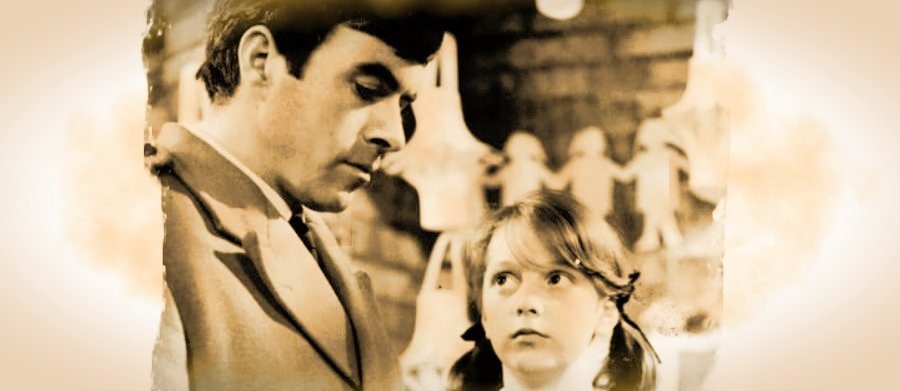
Till Death Us Do Part
1966 - United KingdomBigotry, hatred, and the fear fostered by ignorance has been one of the staple blights on organised society for as long as humanity has existed. And for almost as long, the art of comedy has been enlisted as a subtly effective weapon in the battle to enlighten progressive generations towards the ultimate futility of such a negative world-view. The first truly groundbreaking use of this technique in television terms came from the mind of writer Johnny Speight. His creation was the situation comedy series Till Death Us Do Part, and both it and its monstrously memorable central character were destined to become legendary icons.
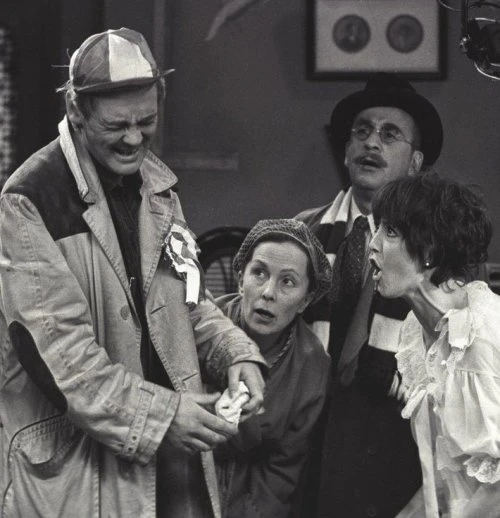
The genesis of Till Death Us Do Part appeared in a 1965 Comedy Playhouse in which the family were known as the Ramsey's, starring noted character actor Warren Mitchell's as Alf Ramsey, (the topically identical name as the then England football manager), with Gretchen Franklin (who would become familiar to British viewers years later as Ethel Skinner in EastEnders) cast in the part of Elsie. The series proper began in 1966 with Dandy Nichols taking on the character of Elsie, and in the process, capturing the heart of the nation with a performance of such comedic subtlety, that a mere facial expression would communicate the long suffering Elsie's exasperation with her oafishly boring husband's foul tempered rantings more eloquently than any number of pages of dialogue could hope to convey. The core quartet of central characters were filled out by talented dancer turned actress Una Stubbs as Rita, Alf's consistently even-handed daughter, and the Liverpudlian, former "Angry Young Man" actor Tony Booth (father of Cherie, wife of former British Prime Minister Tony Blair), as her husband, Mike.
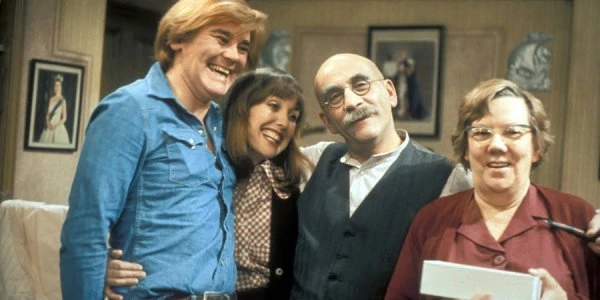
Now renamed Garnett, Alf treated his family to a weekly diatribe on the ills of present day society, putting the blame squarely on the shoulders of the incumbent Prime Minister, Harold Wilson, the permissive society, and the high influx into the country of black immigrants. Alf's vitriol was also let loose on his own family. His son-in-law was a 'Scouse git', his wife a 'silly moo' and his answer to losing an argument was to don his West Ham supporters scarf and skulk off to the pub. The series attracted numerous complaints, not least from the church and the self-appointed moral guardian, Mary Whitehouse, each of them failing to see that Garnett was nothing more than an ironic portrait of bigotry, as expertly put across by Mitchell's tour de force portrayal.
The series continued until 1968, before returning for a new run in 1972. But in the 1970's Dandy Nichols left (Elsie went to visit her sister in Australia), and so Alf's venomously blinkered anger was directed at his neighbours, Bert and Min. In 1981 a reworked version of the show made the transition from the BBC for a short lived run at ATV, now retitled simply, Till Death... before resurfacing yet again at its original home at the BBC, in 1985, under the title of In Sickness and In Health. By this time Dandy Nichols health was so poor that she spent most of the time on screen in a wheelchair. The Garnett's had by now been rehoused in a new development and Rita and Mike had moved away. Although Una Stubbs made occasional appearances Tony Booth declined; it was no secret that he and Warren Mitchell were not the best of friends. To fill the gap left by Mike's departure, the antagonizers role was filled by a gay black home-help by the name of Winston.
In Sickness And In Health continued even after Dandy Nichols' death in 1986, although with the shift to a more racially tolerant social attitude, ironically partly brought about by the impact of the original series, it had by that time lost a lot of its bite or ability to be controversial. The format sold to the USA where it enjoyed phenomenal success in a reworked far less provocative version (although most American's would disagree) entitled All In The Family.
In tandem with Speight's wilfully controversial writing and Warren Mitchell's brilliantly realised interpretation of the Garnett character, British television was graced with an iconic creation which was paradoxically as repugnant as it was well loved. At its zenith Till Death Us Do Part held up a revealing mirror to the darker face of British society. It unsettled us, it made us reassess our attitudes towards racial intolerance, but most tellingly of all, it made us laugh. Laugh not "with", but more importantly, "at" the misguidedly bigoted figure of its central character.
Seen this show? How do you rate it?
Seen this show? How do you rate it?
Published on February 7th, 2019. Written by Peter Henshuls & Laurence Marcus "Listen and you might learn something!" (2000) for Television Heaven.


